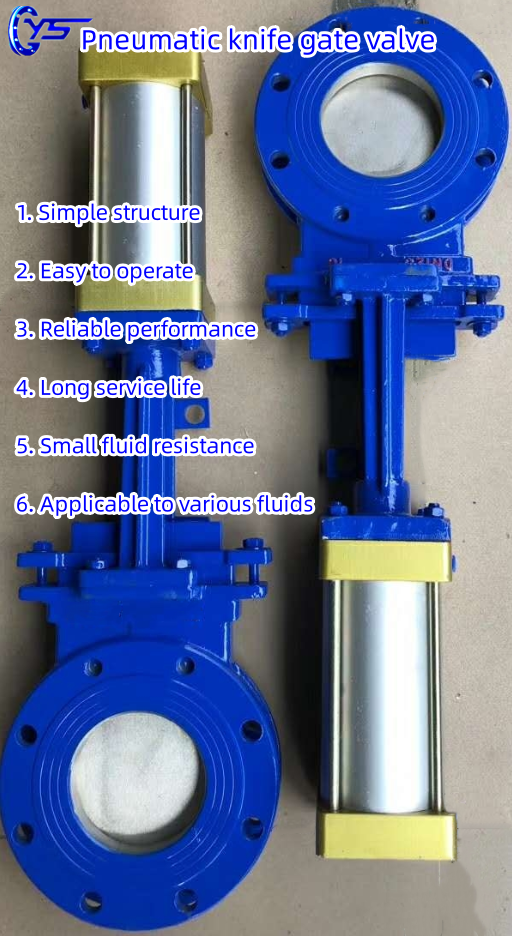instrument needle valve
Understanding Instrument Needle Valves A Key Component in Fluid Control
Instrument needle valves are essential devices used in various industries to regulate the flow of liquids and gases. These precision instruments are particularly vital in applications where accurate control over flow rates is required. From chemical processing to pharmaceuticals and petrochemicals, needle valves are employed to ensure optimal performance and safety.
Design and Functionality
A needle valve consists of a cylindrical body with a spindle-like stem that allows for finely-tuned adjustments. The main feature of these valves is the tapered needle that fits into a corresponding seat, which creates a restriction in the flow path. When the valve is closed, the needle effectively blocks the passage, preventing fluid from flowing through. Conversely, by turning the valve handle, the needle is lowered or raised, allowing for incremental flow adjustments. This design enables operators to achieve precise control over fluid dynamics, making needle valves indispensable in situations where minute flow adjustments are crucial.
Applications Across Industries
Needle valves are widely used in instrumentation and control systems across multiple sectors. In the chemical industry, they are favored for their ability to handle aggressive fluids while providing consistent flow rates. In the oil and gas sector, needle valves are employed for sampling applications and maintaining pressure in pipelines, ensuring stability and safety in high-pressure environments. Additionally, in laboratories, needle valves are indispensable for controlling gas flows in analytical instruments, allowing for accurate measurements and precise experiments.
instrument needle valve

Advantages of Needle Valves
One of the primary advantages of needle valves is their ability to provide fine control of flow rates. Unlike other types of valves, such as ball or gate valves, which offer only a fully open or fully closed state, needle valves allow for gradual adjustments. This capability is particularly beneficial in processes where fluctuations in flow can lead to inefficiencies or hazards. Furthermore, needle valves can be made from various materials, including stainless steel, brass, and plastic, making them suitable for a wide range of applications depending on the chemical properties of the fluid being controlled.
Challenges and Considerations
Despite their advantages, instrument needle valves do come with challenges. Over time, the constant movement of the needle can lead to wear and tear, potentially affecting sealing capabilities and accuracy. Regular maintenance is essential to ensure the longevity and reliability of needle valves. Moreover, selecting the right size and type of needle valve for a specific application is critical, as an ill-suited valve can lead to inefficiencies or even equipment failure.
In conclusion, instrument needle valves are vital components in fluid control systems, enabling precise regulation of flow in various industries. Understanding their functionality, applications, and maintenance requirements helps ensure their effective and safe operation in critical processes. As technology continues to evolve, so too will the design and capabilities of needle valves, further enhancing their role in modern industrial applications.
-
3-types-of-check-valves-maintenance-tipsNewsAug.23,2025
-
ball-valves-types-with-trunnion-mounted-designNewsAug.23,2025
-
butterfly-valve-company-production-capabilitiesNewsAug.23,2025
-
fisher-globe-valve-technical-specificationsNewsAug.23,2025
-
types-of-gaskets-for-flanges-selection-guideNewsAug.23,2025
-
wedge-gate-valve-suppliers-quality-standardsNewsAug.23,2025
-
Breakthrough in Domestic Low Temperature Valve Technology in ChinaNewsAug.18,2025




